A division of Rowman & Littlefield Publishers, Inc.
A wholly owned subsidiary of The Rowman & Littlefield Publishing Group, Inc.
4501 Forbes Boulevard, Suite 200
Lanham, MD 20706
All rights reserved . No part of this publication may be reproduced, stored in a retrieval system, or transmitted in any form or by any means, electronic, mechanical, photocopying, recording, or otherwise, without the prior permission of the publisher.
Clark, Henry C.
Compass of society: commerce and absolutism in old-regime France / Henry C. Clark.
p. cm.
Includes bibliographical references and index.
1. FranceCommerceHistory18th century. 2. FranceCommerceHistory17th century. 3. FranceCommercial policyHistory. 4. EnlightenmentFrance. I. Title.
Acknowledgments
I n a general way, this book would not have been conceived, or taken the form that it did, without the inspiration furnished by some exceptional scholars who have done much to raise the standards on the study of early modern ideas and institutions in the past generation or two, especially David Bien, Keith Baker, the late Franois Furet, and John Pocock, as well as their many talented students. More particularly, a number of individuals have taken time from their busy schedules to comment on conference papers, read chapter drafts, alert me to sources or otherwise supply me with information or answers to queries over the years that this volume was in the making. At the risk of inadvertent omission, I am at least happy to be able to thank Keith Baker, Hans Blom, David Carrithers, Loc Charles, Jonathan Dewald, Michael Fodor, Philip Hoffman, Istvan Hont, Joanna Innes, Doug Irwin, Thomas Kaiser, Emmet Kennedy, Cynthia Koepp, Michael Kwass, Catherine Larrre, Johanna Moyer, Salim Rashid, Robby Schneider, Jay Smith, Michael Sonenscher, Liana Vardi, Kathleen Wellman, Lawrence White and the late Ellery Schalk. Aurelian Craiutu, Jeremy Jennings and Paul Rahe gave assistance and encouragement when it was most needed. Dorothy Medlin not only examined my pages on Andr Morellet but also frequently made available to me, in her usual unstinting way, her unrivaled knowledge of that redoubtable subject. David K. Smith did yeoman service and Gail Bossenga went beyond the call of duty, each reading through the entire manuscript and offering many useful criticisms and suggestions. Since my wisdom in turning to these men and women has not always been matched by a similar wisdom in heeding their advice, I must absolve them of all blame for whatever deficiencies may remain.
Departmental archivists in Rennes, Dijon, Montpellier and Toulouse have made their repositories welcome places to work, as have the staffs at the municipal archives and the chamber of commerce archives in Toulouse, the municipal library in Lyon, the Bibliothque Nationale and Archives Nationales in Paris, and the Dartmouth and Canisius College libraries, particularly their interlibrary loan staffs. Generous financial support and release time from Canisius College helped make the travel to these repositories both possible and useful. The Western Society for French History, the Society for French Historical Studies, the American Society for Eighteenth-Century Studies, the New York State Association of European Historians, the Department of Political Science at Indiana University, and the Department of Philosophy at Bellarmine University provided refreshing venues in which to discuss various aspects of this project as it unfolded. To Liberty Fund, Inc., I owe thanks both for a rewarding collaboration on an anthology from which I have drawn sustenance in composing the pages that follow, and for repeatedly providing me with a most agreeable atmosphere in which to explore topics related to those addressed in this book.
Chapter 1 is a revised and expanded version of an article that originally appeared in French Historical Studies 21, no. 3 (Summer, 1998): 41540. Chapter 8 was first published in different form in Eighteenth-Century Life 22, n., 2 (May, 1998): 83103. Chapter 6 is a condensed and altered version of Grain Trade Information: Economic Conflict and Political Culture under Terray, 17701774, which appeared in The Journal of Modern History 76, no. 4 (Dec. 2004): 793834, 2004 University of Chicago Press. The permission of Duke University Press to reprint portions of the first two articles, and the University of Chicago Press to reprint portions of the third, is here gratefully acknowledged.
Finally, my wife and francophone companion Kathleen Wine has offered by turns whatever combination of patience, common sense, gentle rigor or all-round support the shifting scene of circumstance may have required.
Introduction
[T]here is much more than pleasure to expect from a [skilful merchant]. He is the compass of society.
T his is not a book on French economic performance in the old regime,
The present book draws gratefully on these and other scholarly labors, and will engage some of the claims made by their authors where appropriate, but its goal lies elsewhere. The book aims to articulate the status, as it were, of commerce or trade or human exchange relative to the broader scales of competing this-worldly values from the early seventeenth century to the Revolution. As is increasingly well known, contemporaries spoke the language not of capitalism but of commerce and, at least in some parts of Europe, of commercial society. The present book attempts to chart in an open-ended, non-anachronistic and non-teleological fashion some of the ways in which commerce was discussed by the most thoughtful and observant Frenchmen before 1800.
This book argues that the liberal tradition of the middle and late eighteenth century (Vincent de Gournay, Turgot, Morellet, Sieys) must be understood not in the usual abstract and teleological way as the sudden emergence of a laissez-faire ideology grown so familiar to us, but as the multi-faceted response to a layered array of underlying problems that are better seen as moral, social and strategic rather than merely economic in character.
Morally, there was the pervasive suspicion that France was what recent theorists might call a low-trust society. French commentators from at least the early seventeenth century on were troubled by the apparent lack of cohesion in their society. How to render an essentially mistrustful and mutually suspicious people sufficiently unified was a durable problem throughout the seventeenth century and beyond. While the partisans of absolute monarchy saw the mystique of dynastic grandeur as the principal solution to this problem, others, aided by a moraliste tradition that had validated the pursuit of self-interest, or impressed by the Dutch model of commercial republicanism that appeared intermittently throughout the seventeenth century, began to see trade as itself a potential source of the kind of cohesion the French people needed. The present book traces some of the ways in which Frenchmen negotiated these conflicting imperatives.

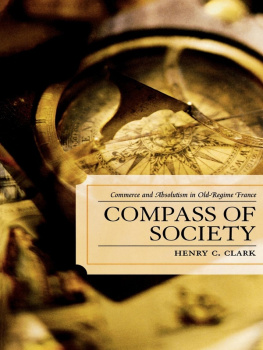

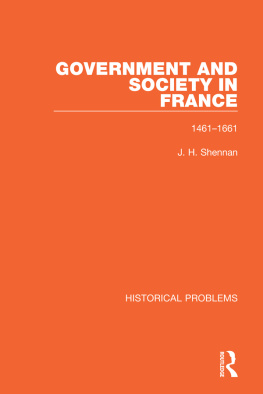


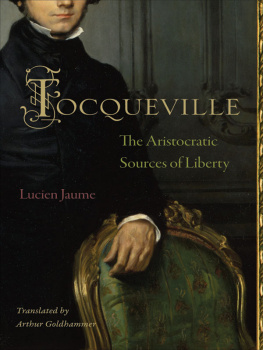
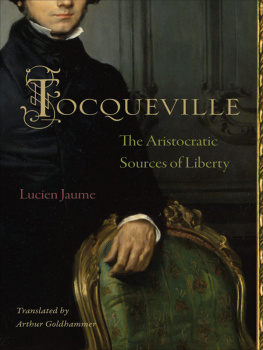
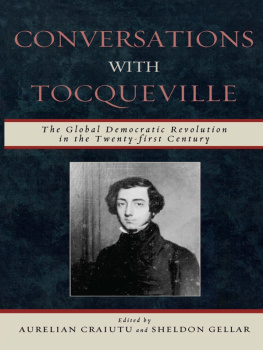

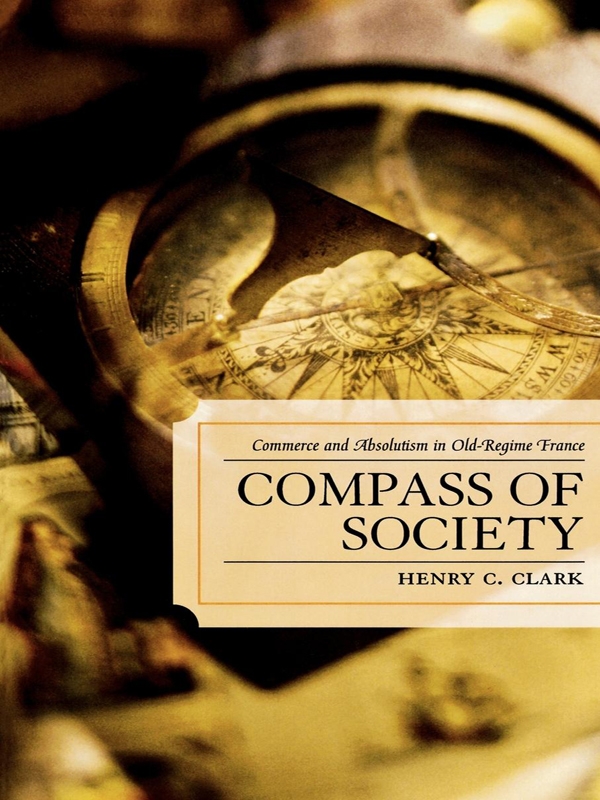
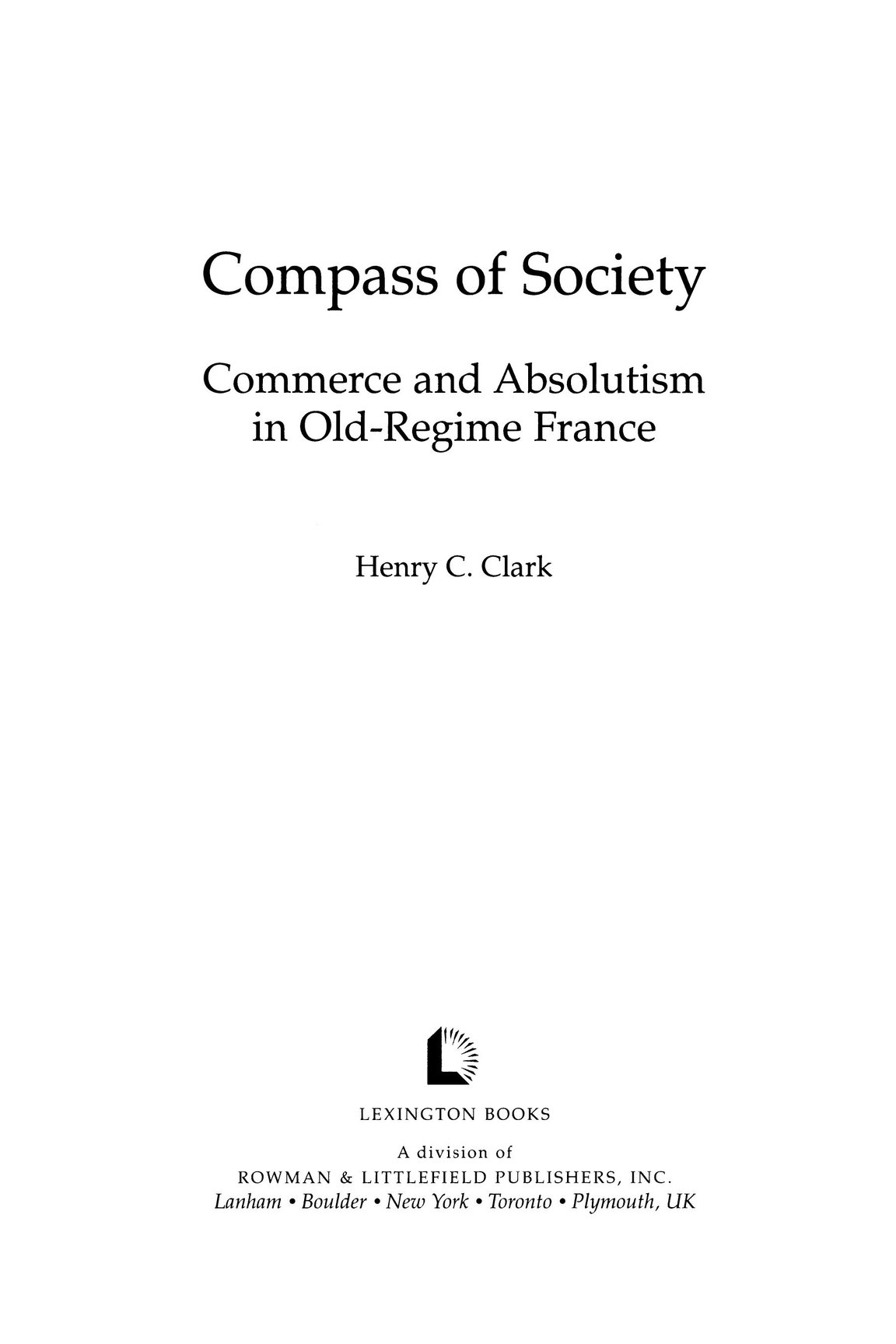
 The paper used in this publication meets the minimum requirements of American National Standard for Information SciencesPermanence of Paper for Printed Library Materials, ANSI/NISO Z39.48-1992.
The paper used in this publication meets the minimum requirements of American National Standard for Information SciencesPermanence of Paper for Printed Library Materials, ANSI/NISO Z39.48-1992.